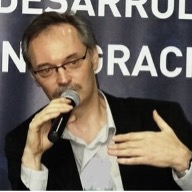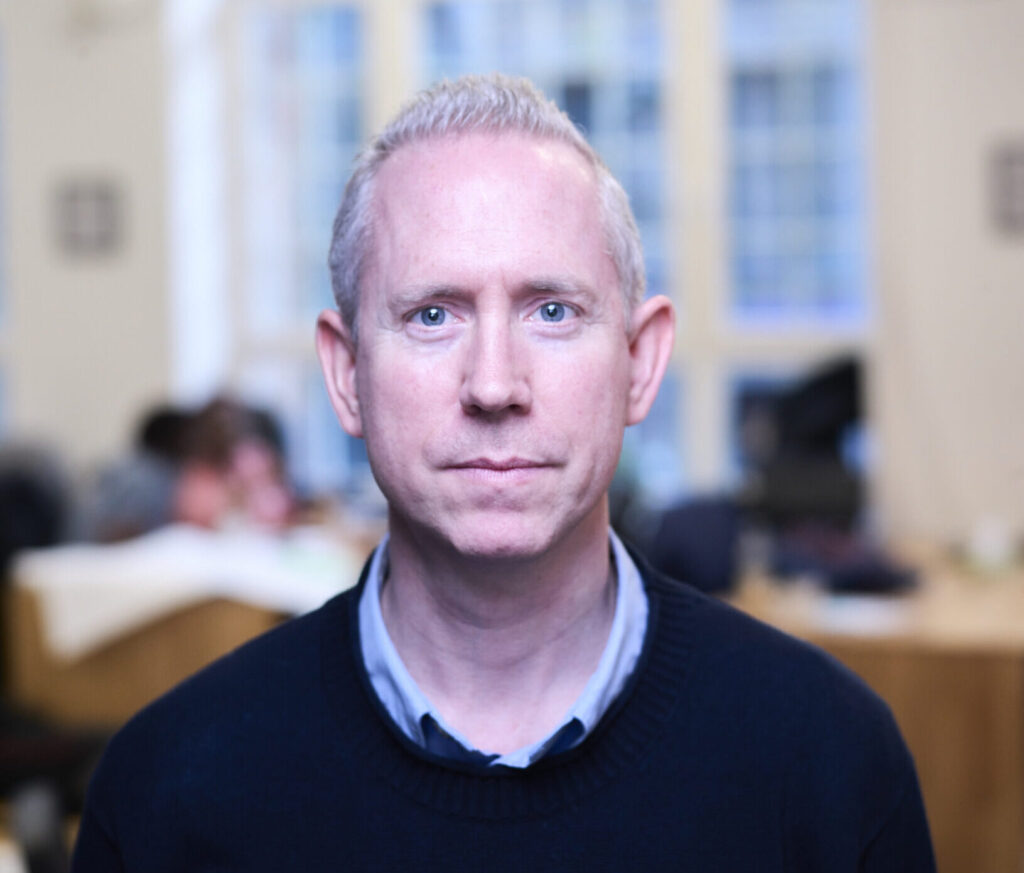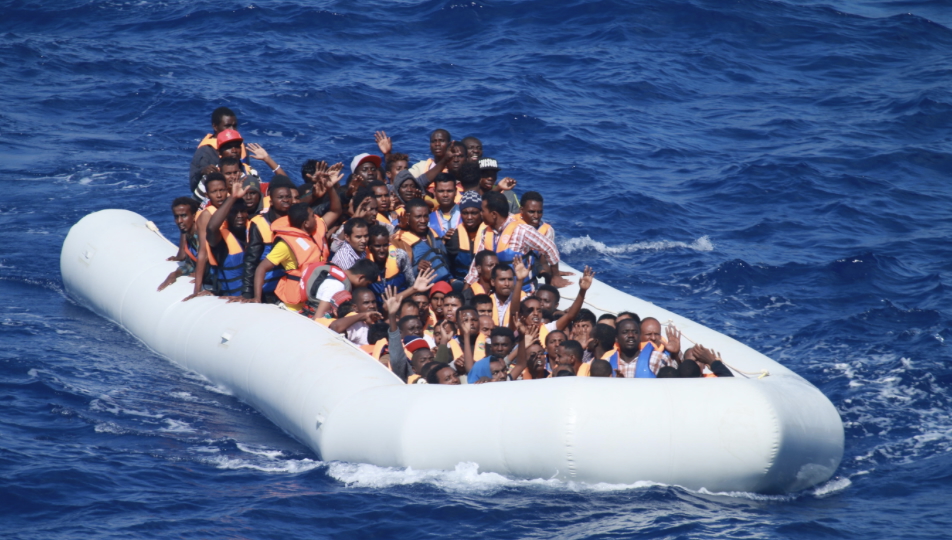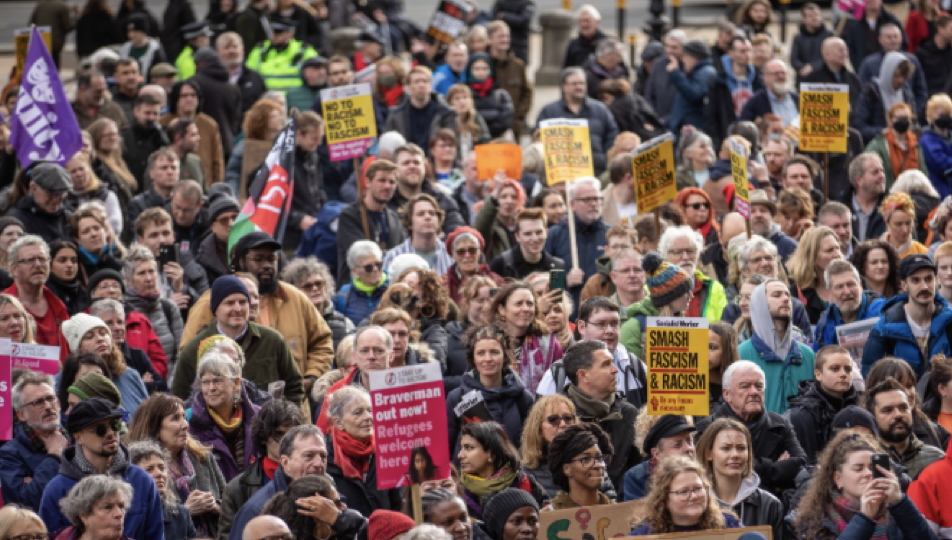About the Future of Migration Project

Dirk Bornschein
Future of Migration Programme Coordinator
Dirk is a political scientist, author, editor of regional publications and communication expert. After his Doctorate Degree, he worked in Guatemala at the Latin American Faculty for Social Science (FLACSO), an inter-governmental institute operating in most countries of the region. Throughout these 10 years Dirk did research on migration and development and facilitated relationship-building between academic institutes, government institutions and civil society organisations, especially in Guatemala, Mexico, Honduras, the United States and the broader Latin American region. Furthermore, he worked as a consultant for the Japanese Cooperation in Guatemala and currently advises FLASCO in the development of the “Migration and Development” programme. Dirk’s regional expertise, communication experience and strong analytical skills make him an invaluable addition to the team.
Political scientist, PhD.
Previously programme coordinator in Central America, researcher in the field of migration and development, author and editor in Latin America. After returning to Europe in 2022: research on Asian and African countries and on migration discourses in Germany.

Alistair Starling
Co-Founder and Managing Director
Alistair Starling is a former UK Diplomat, Foreign & Commonwealth Office, FCO, where he assisted companies to trade and invest internationally for 10 years. He is multilingual, and levers his 20 year private sector / 10 year government sector, Business Development, Design and Innovation experience to achieve results within 1st, 2nd and 3rd sector organisations.
Alistair's native language is English, he is also fluent in Italian and German, plus intermediate French. Alistair worked in the founding teams of other start-ups, in the recruitment sector (The Cambridge Hub), internet design sector (IconMedialab), and therefore understands the pace and focus of the commercial sector.
Alistair led complex government sales development across Europe and Africa for a world famous brand - Cambridge. He has two Master degrees (one from the University of Cambridge), and an Undergraduate Degree in the creative industries.
Alistair is a confident public speaker, has presented numerous times on TV, and fosters active communities of contacts across Europe.
A former UK Diplomat, Foreign & Commonwealth Office, FCO, where he worked on international relations across Europe, the USA and Africa for 11 years.
He has two Master degrees (one from the University of Cambridge). Alistair is a confident public speaker, has presented numerous times on TV, and fosters active communities of contacts across Europe.
WELCOME
Our project was founded in 2024. In this preliminary phase, our project was based on a detailed discourse analysis, the observation of academic networks and their focal points, but also on the observation of the situation and interests surrounding migration in Africa, Latin America and Asia. We aim to understand and recognise different perspectives.
In this context, we would like to express our gratitude to several German foundations for basic information and contacts: especially the Konrad Adenauer Foundation (KAS) and the Friedrich Ebert Foundation (FES), all of which are active worldwide.
Dirk Bornschein
Alistair Starling
Future of Migration Programme Coordinator
Co-Founder and Managing Director


THE IDEA
Listening, understanding different perspectives in order to build bridges.
OUR GOAL
To broaden the perspectives on immigration in Europe in a way that allows both the Union and the member states to reduce the current escalation, to open up opportunities for shaping the future and thus to be able to solve sometimes ambivalent challenges in a balanced way.
WHAT ARE WE PLANNING TO ACCOMPLISH?
- Contribute to a more intensive international exchange in and with Europe as well as building bridges (internationalise faster and at a deeper level).
- Contribute to political education with young Europeans and representatives of political interest groups.
- Identify additional and crucial areas of research.
- Strengthen networks and work on new communication channels.
- Recognise needs and opportunities for national, regional or multinational dialogues.
- Facilitate broader mindsets.
WHERE ARE WE RIGHT NOW?
- Interviews with experts in some of the member states: The answers from the semi-structured interviews make it possible to roughly compare the respective countries, formulate similarities and differences and provide initial explanations.
- The first bi-national meetings are being prepared: By comparing countries, representatives of different sectors and discourses will question their own convictions and define possible topics for further dialogue.
